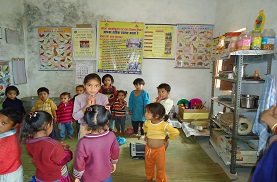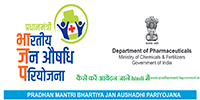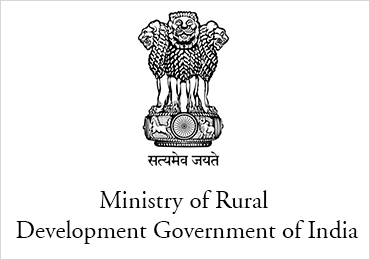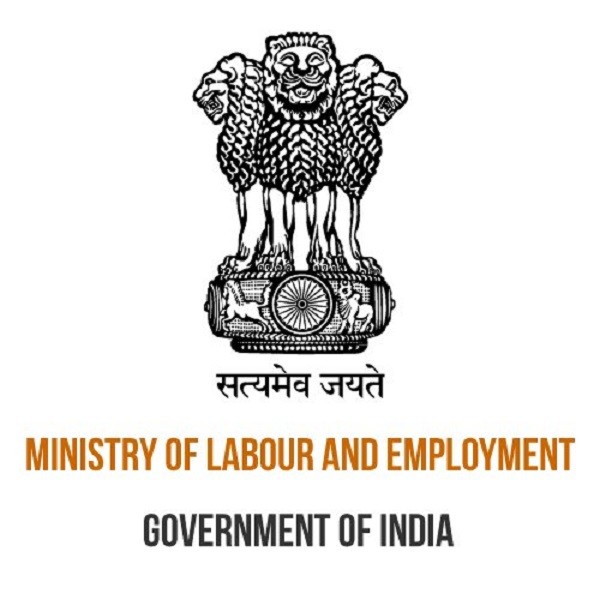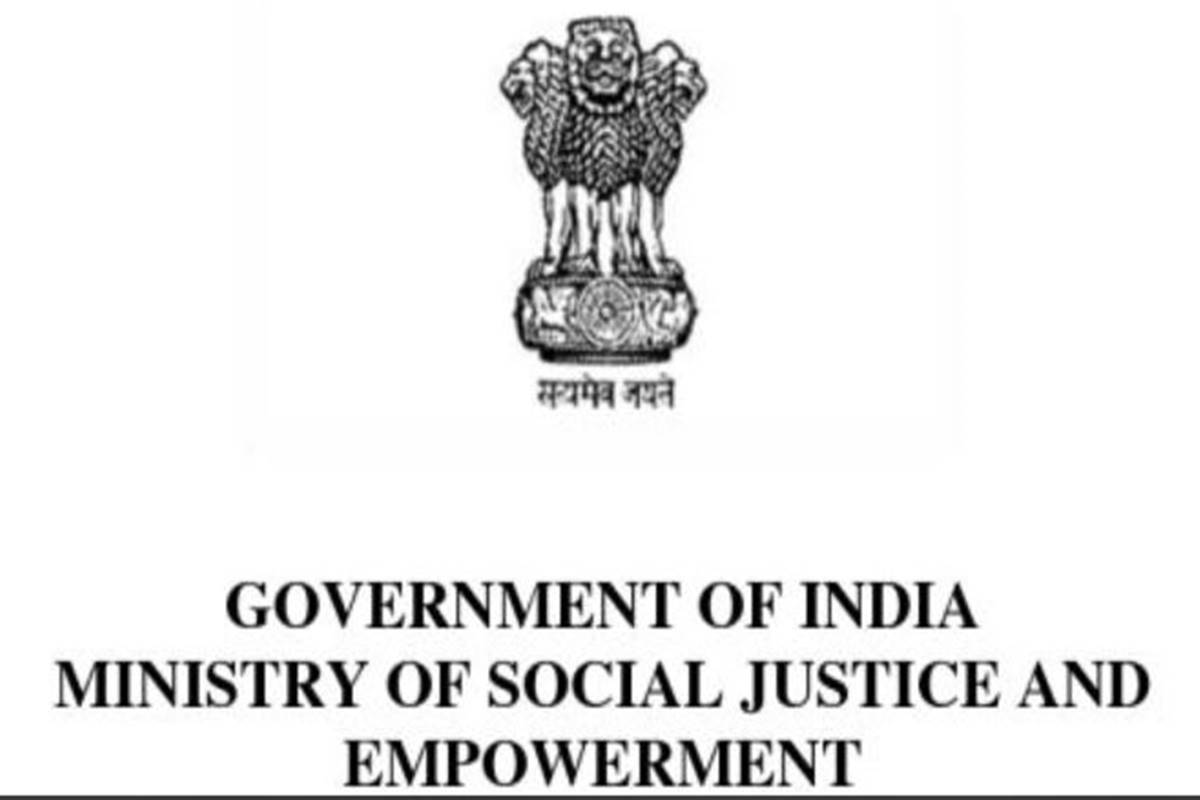Description
The Ministry of Women and Child Development, Government of India, formulates plans, policies and programmes, enacts/amends legislation, guides and coordinates the efforts of both governmental and non-governmental organizations working in the fi eld of Women and Child Development. Besides, playing its nodal role, the Ministry implements certain innovative programmes for women and children. For the holistic development of the child, the Ministry has been implementing the world’s largest and most unique and outreach flagship programme of Integrated Child Development Services (ICDS) (renamed as Anganwadi Services) providing a package of services comprising supplementary nutrition, immunization, health checkup and referral services, and preschool non-formal education. The Integrated Child Development Services, a centrally-sponsored scheme, is implemented by the States/ UTs which was launched on 2 October, 1975 and has now been expanded from 33 projects and 4,891 Anganwadi Centres to 7,075 Projects and 13.55 lakhs Anganwadi centres (as on 31 March 2017). ICDS is designed to promote all-round development of children under six years and improve service delivery at the charming community level.
The core subject areas of training of ICDS Functionaries by the Instructors of MLTCs/AWTCs as approved by MWCD are:
i. Introduction to ICDS Training: The trainees share their experiences from various states and best practices that they are adopting to improve the situation of ICDS benefi ciaries. During this session, trainees are also made aware about the various schemes of GoI and MWCD.
ii. Orientation to ICDS Programme: Participants are made aware about ICDS services, objectives, coverage of benefi ciaries and other ICDS-related schemes.
iii. Early Childhood Care and Education: Trainees are educated about ECCE policy, new ECCE curriculum for planning and organizing activities using thematic approach. They are also made aware about preparation of teaching learning material, use of assessment card and involvement of parents in ECCE.
iv. Nutrition and Health: In this section they are taught the basic nutrition guidelines, SNP guidelines, Nutrition norms, food safety norms and practices, new born care and early assessment of childhood illnesses.
v. Communication, Advocacy and Community Participation: During the sessions of communication trainees are trained to develop effective communication skills, advocacy, planning and organizing advocacy campaigns besides training them to mobilize community to increase community’s involvement in delivery of ICDS services.
vi. Organization and Management: Skills are developed to manage the AWCs and setting up of AWCs along with resource management. Trainees are also trained in reporting and managing MIS component of the ministry.
vii. Supervised Practice: The major updation in the syllabus is that the total number of supervised practice has been increased to 5 days instead of 3 days.
INTEGRATED CHILD DEVELOPMENT SERVICES (ICDS) SCHEME
Children in the age group 0-6 years constitute around 158 million of the population of India (2011 census). These Children are the future human resource of the country. Ministry of Women and Child Development is implementing various schemes for welfare, development and protection of children.
Launched on 2nd October, 1975, the Integrated Child Development Services (ICDS) Scheme is one of the flagship programmes of the Government of India and represents one of the world’s largest and unique programmes for early childhood care and development. It is the foremost symbol of country’s commitment to its children and nursing mothers, as a response to the challenge of providing pre-school non-formal education on one hand and breaking the vicious cycle of malnutrition, morbidity, reduced learning capacity and mortality on the other. The beneficiaries under the Scheme are children in the age group of 0-6 years, pregnant women and lactating mothers. Objectives of the Scheme are:
- 1. to improve the nutritional and health status of children in the age-group 0-6 years;
- 2. to lay the foundation for proper psychological, physical and social development of the child;
- 3. to reduce the incidence of mortality, morbidity, malnutrition and school dropout;
- 4. to achieve effective co-ordination of policy and implementation amongst the various departments to promote child development; and
- 5. to enhance the capability of the mother to look after the normal health and nutritional needs of the child through proper nutrition and health education.
